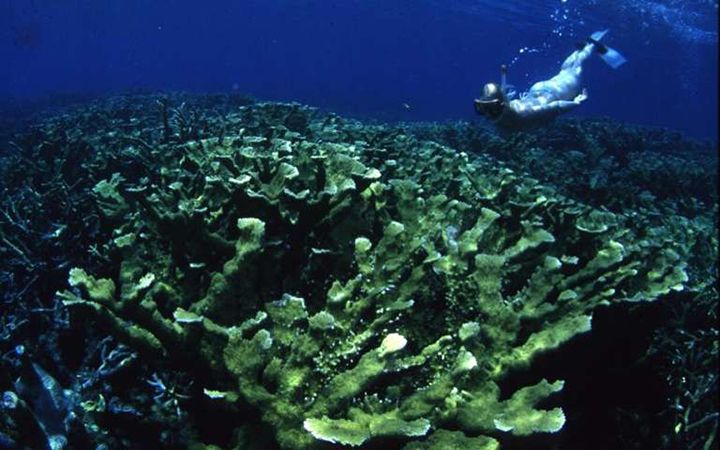- Joined
- Mar 30, 2018
- Messages
- 871
- Reaction score
- 723

We Finally Know Why Florida's Coral Reefs Are Dying, and It's Not Just Climate Change
Hot water is killing Florida's coral reefs. But it's not the only factor bleaching them white.
Follow along with the video below to see how to install our site as a web app on your home screen.
Note: This feature may not be available in some browsers.

I am also really suprised at the amount of reefkeepers I have seen that don’t believe in global warming at all.

